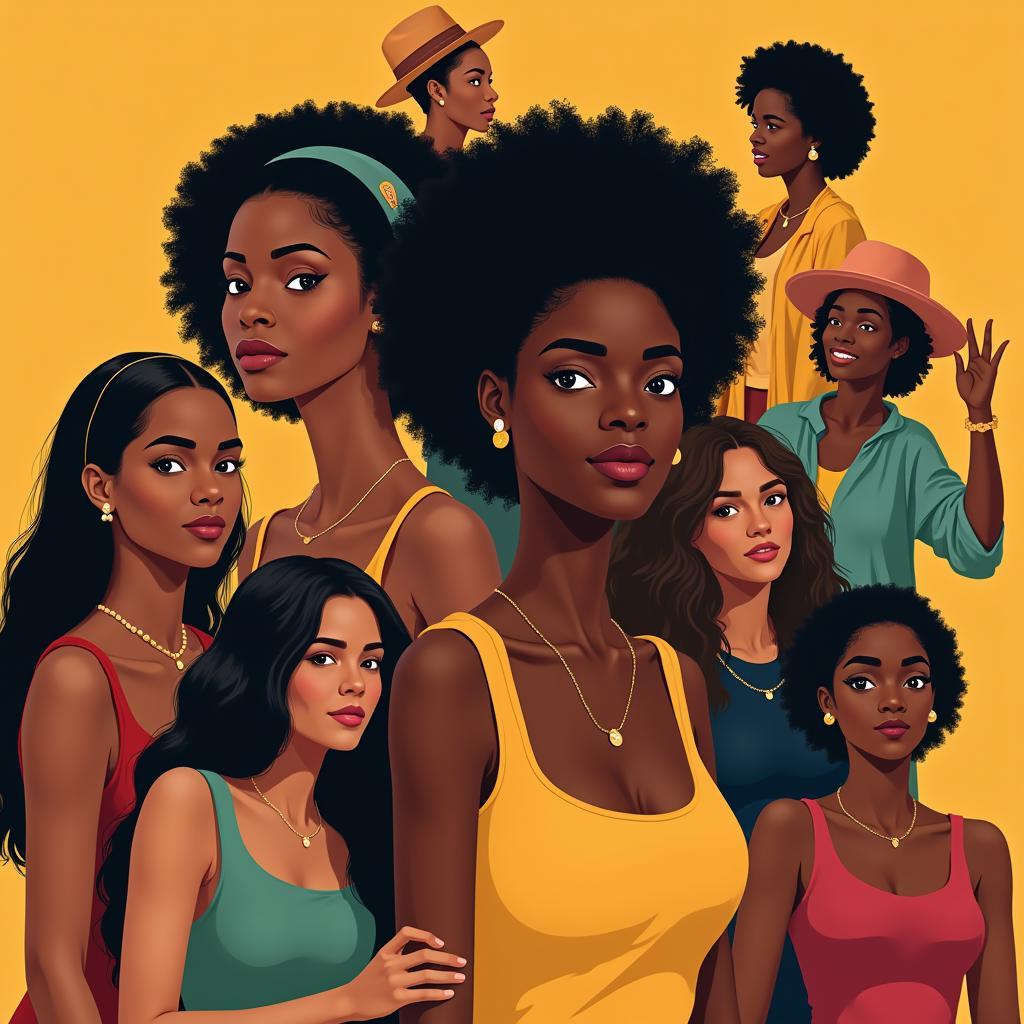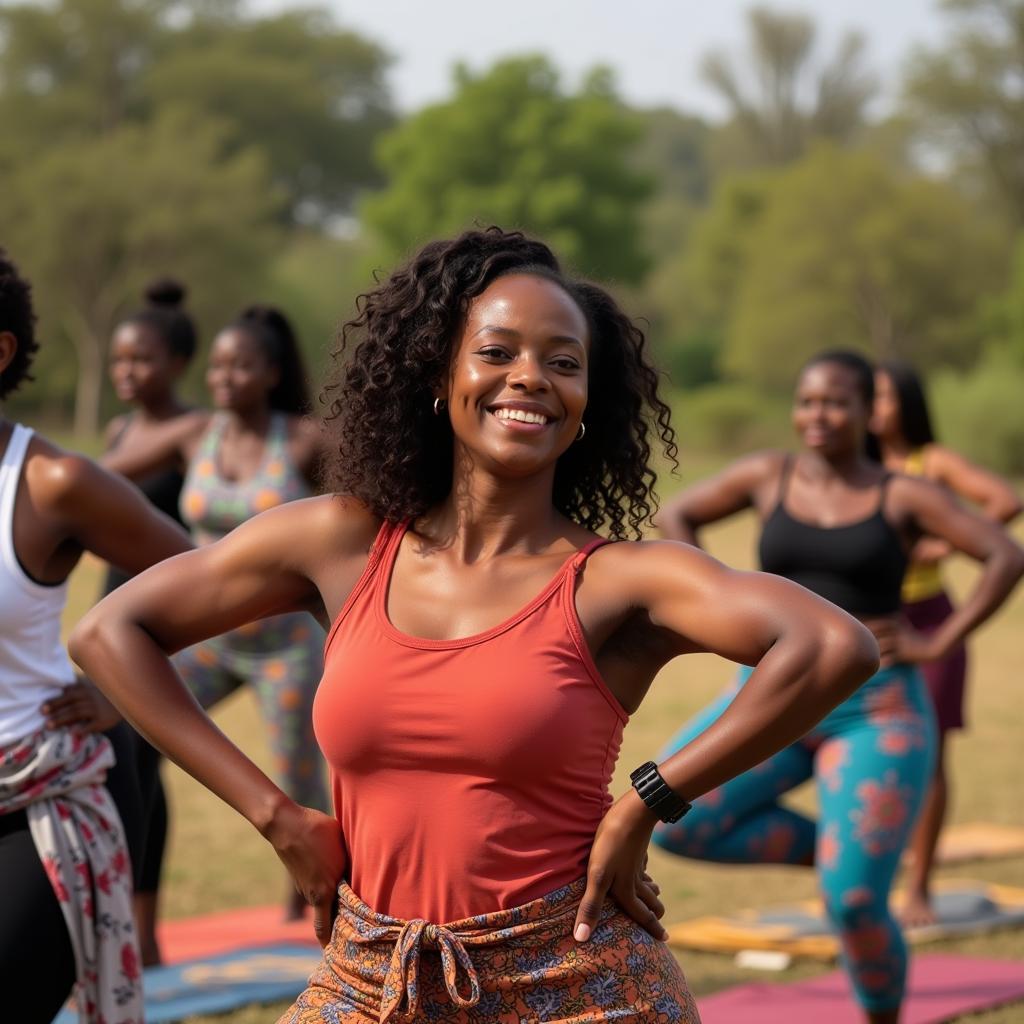The African Civil Rights Movement: A Complex and Powerful Struggle
The African Civil Rights Movement often evokes images of the American struggle, but the fight for equality and justice resonated deeply across the African continent. This movement, encompassing a diverse range of struggles against colonialism, apartheid, and other forms of oppression, shaped the political and social landscape of Africa throughout the 20th century and continues to influence the present.
Understanding the Roots of the African Civil Rights Movement
The seeds of the African civil rights movement were sown during the colonial era. The arbitrary borders drawn by European powers, the exploitation of resources, and the systematic denial of basic human rights fueled resentment and resistance. Early forms of protest, often rooted in traditional forms of organization and leadership, laid the groundwork for the more formalized movements that emerged later. These early struggles often focused on land rights, labor issues, and the right to self-determination. Understanding this historical context is crucial to grasping the complexities of the later, more widely recognized movements. One important resource for further exploration is information on African American organizations civil rights.
The impact of World War II on the African civil rights movement cannot be overstated. The war exposed the hypocrisy of European powers fighting for freedom and democracy abroad while denying those same rights to their colonial subjects. This, coupled with the rise of Pan-Africanism, a movement advocating for the unity and solidarity of all people of African descent, provided a powerful impetus for change.
Key Figures and Movements in the African Civil Rights Struggle
Numerous individuals and organizations played crucial roles in the African civil rights movement. From Kwame Nkrumah in Ghana to Nelson Mandela in South Africa, these leaders inspired millions with their courage and commitment to justice. Learning more about African American civil rights movement leaders can provide valuable insights into leadership strategies and the challenges they faced. Their stories are not only inspiring but also offer crucial lessons for contemporary social justice movements around the world. The struggle against apartheid in South Africa stands as a particularly powerful example of the African civil rights movement. The system of racial segregation and discrimination, enforced through legislation and violence, sparked international condemnation and a long, arduous fight for equality. It’s also worth exploring the topic of African American jobs during the civil rights movement to understand the broader economic and social context of these struggles.
The Legacy of the African Civil Rights Movement
The African civil rights movement achieved significant victories, including the end of colonial rule in many countries and the dismantling of apartheid. However, the struggle for true equality and justice continues. Many African nations still grapple with the legacy of colonialism and other forms of oppression. Issues such as poverty, inequality, and political instability remain significant challenges. Further research into the African American civil rights movement 1960s can provide additional context for understanding the ongoing struggle for civil rights.
Conclusion
The African civil rights movement represents a complex and multifaceted tapestry of struggles against oppression. From the fight against colonialism to the dismantling of apartheid, these movements have shaped the continent’s history and continue to inspire movements for social justice around the world. Understanding the nuances of this history is crucial to appreciating the ongoing challenges and triumphs in the pursuit of equality and human rights for all. You can find more resources on this topic in an African American civil rights movement pdf.
FAQ
-
What were the main causes of the African civil rights movement? Colonialism, apartheid, and other forms of discrimination and oppression were the primary drivers of the movement.
-
Who were some key figures in the African civil rights movement? Key figures include Kwame Nkrumah, Nelson Mandela, and many other leaders across the continent.
-
What were some of the major achievements of the movement? The end of colonial rule in many countries and the dismantling of apartheid were major victories.
-
What are some of the ongoing challenges related to civil rights in Africa? Poverty, inequality, and political instability continue to be significant challenges.
-
How does the African civil rights movement connect to other global movements for social justice? The African civil rights movement has inspired and informed other movements around the world fighting for equality and human rights.
-
Where can I find more information about the African civil rights movement? Numerous books, articles, and online resources offer detailed information on this topic.
-
How can I support ongoing efforts to promote civil rights in Africa? Supporting organizations working on issues of social justice, human rights, and development in Africa is one way to contribute.
Common Scenarios and Questions
Scenario: A student is researching the impact of colonialism on the African civil rights movement.
Question: How did colonial policies contribute to the rise of resistance movements in Africa?
Scenario: A journalist is writing an article about the legacy of apartheid.
Question: What are the long-term effects of apartheid on South African society?
Scenario: An activist is looking for ways to support organizations working on human rights issues in Africa.
Question: What are some reputable organizations working to promote civil rights and social justice in Africa?
Further Exploration
You might also be interested in reading about the role of women in the African civil rights movement, the impact of globalization on human rights in Africa, or the challenges of post-colonial development.
Contact Us
For further assistance, please contact us: Phone: +255768904061, Email: kaka.mag@gmail.com, or visit our office at Mbarali DC Mawindi, Kangaga, Tanzania. We have a 24/7 customer service team.


